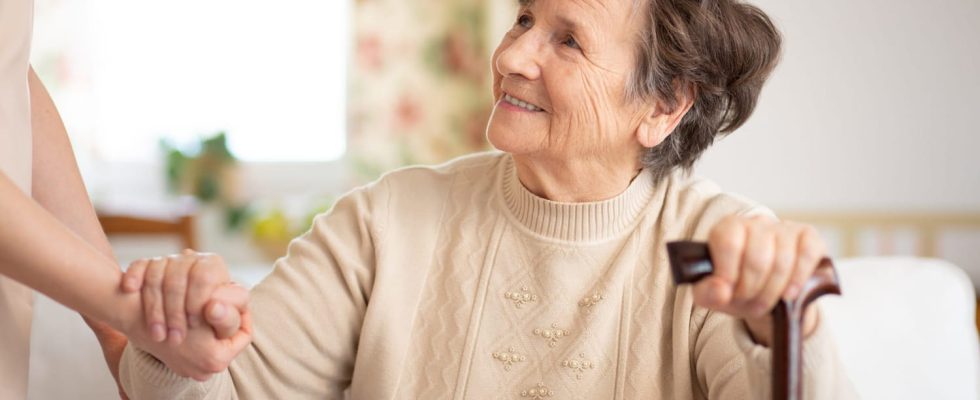Upon becoming adults, children have a support obligation towards their parents, except in special cases.
Throughout their lives, parents devote themselves to the well-being and education of their children, watching over their health, nutrition and general development. They invest a lot of time and energy for this. Naturally, once children become adults, it is their turn to care for their parents when they are older and vulnerable. The French Civil Code, in its article 205, clearly specifies this responsibility: “Children owe support to their father and mother or other ascendants who are in need.” This maintenance obligation also extends to sons-in-law and daughters-in-law, who are required to provide assistance to their parents-in-law. This mutual responsibility ensures that the basic needs of each member of the family are covered. Even parents and in-laws are concerned.
Contrary to what one might think, the term “food” used in the legislative text includes all the necessities of daily life. This includes not only food, but also housing and medical care. Assistance can come in a variety of ways, such as directly providing food, taking care of shopping, providing shelter, or contributing financially to the dependent parent’s well-being. Sometimes, this also involves contributing to the costs related to accommodation in an EHPAD. In most cases, an amicable agreement is reached between the child and the parent concerned. It can also be set in writing and validated by a judge.
However, in conflict situations, it happens that the child refuses to assume this responsibility towards his parent. In this case, family mediation can be considered as a first step in finding a solution. If mediation fails, the parent can then appeal to a family affairs judge (Jaf), proving their inability to provide for their basic needs. The judge will then establish the maintenance contribution, taking into account the situation of both parties. If the child persists and does not pay the pension for more than two months to his parent, he commits an offense which can be punished by a prison sentence of 2 years and a fine of 15,000 euros.
Furthermore, it is essential to emphasize that in certain circumstances, the judge can exempt a descendant from this maintenance obligation. This is the case if there have been serious breaches by parents of their own obligations (violence, abandonment for example), which led to the withdrawal of parental authority or when the child was removed from his family environment. before the age of 12 and for more than 36 months. To benefit from this exemption, the child concerned must provide evidence and request a formal request from the judge, invoking the “unworthiness exception”.
